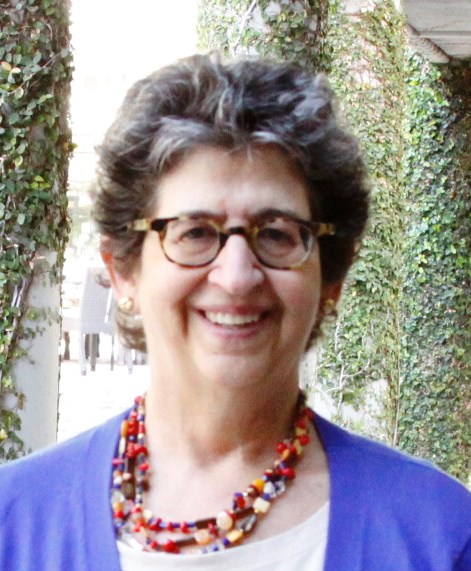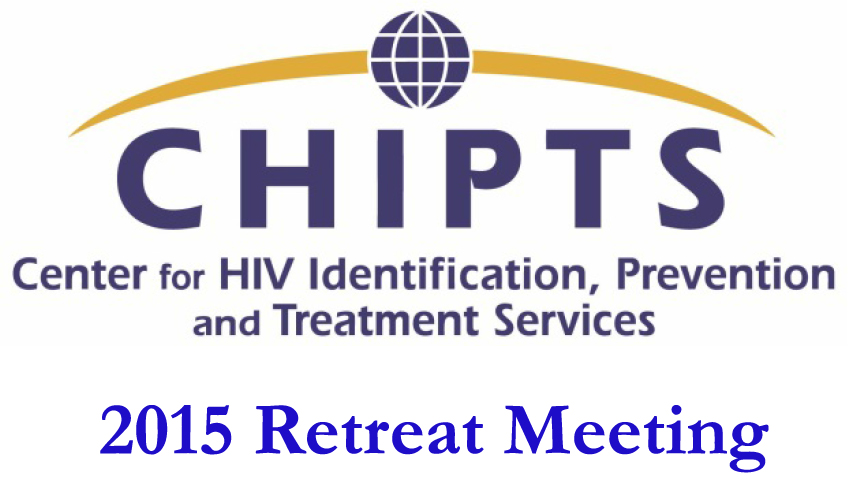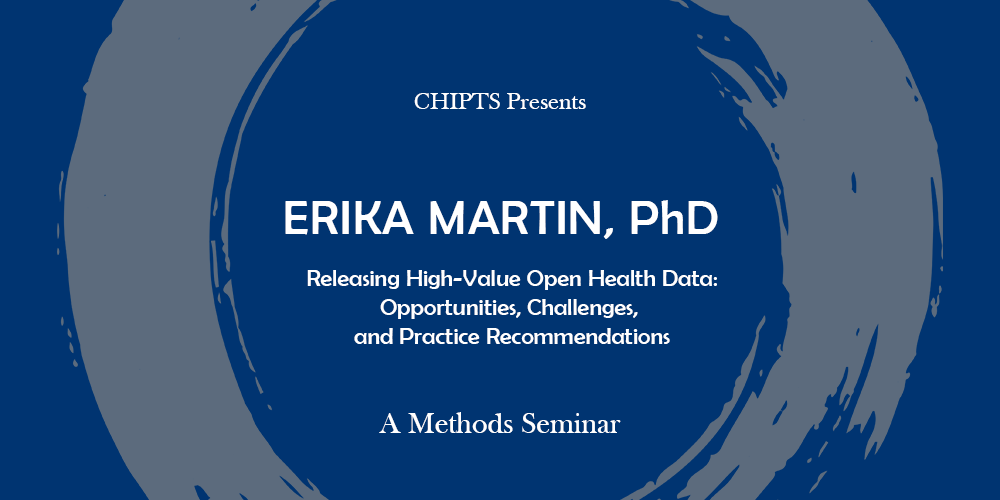Congratulations to Dr. Cathy Reback, a core investigator of the CHIPTS Combination Prevention Core! Dr. Reback has been selected as one of the recipients of this year’s Women in Leadership Award from the City of West Hollywood for her outstanding work with gay and bisexual men and transgender women living with or at risk of acquiring HIV. She will be presented with this prestigious award on Wednesday, March 23, 2016, hosted by the West Hollywood Women’s Advisory Board and the West Hollywood Chamber of Commerce.
Dr. Reback is a Senior Research Scientist with Friends Research Institute, Research Sociologist with UCLA Integrated Substance Abuse Programs, and the Executive Director of Friends Community Center, a research community site in Hollywood, CA. For over 25 years Dr. Reback’s research has focuses on the intersection of minority sexual and gender identity status, substance use disorders, and HIV risk behaviors among MSM and transgender women. The significance of Dr. Reback’s research has been the application of research in community settings, the early integration of biobehavioral approaches to substance use and HIV prevention, the application of technology as a novel real-time intervention, and the coupling of quantitative and qualitative methodologies. Dr. Reback has an extensive background in conducting community-research collaborations, designing and implementing technology-based interventions, managing large-scale HIV prevention and intervention programs, designing and implementing venue- and street-based intervention programs, conducting qualitative and quantitative research, and evaluating behavioral treatment therapies for both non-treatment seeking and treatment-seeking substance-using populations.
[Download not found]













